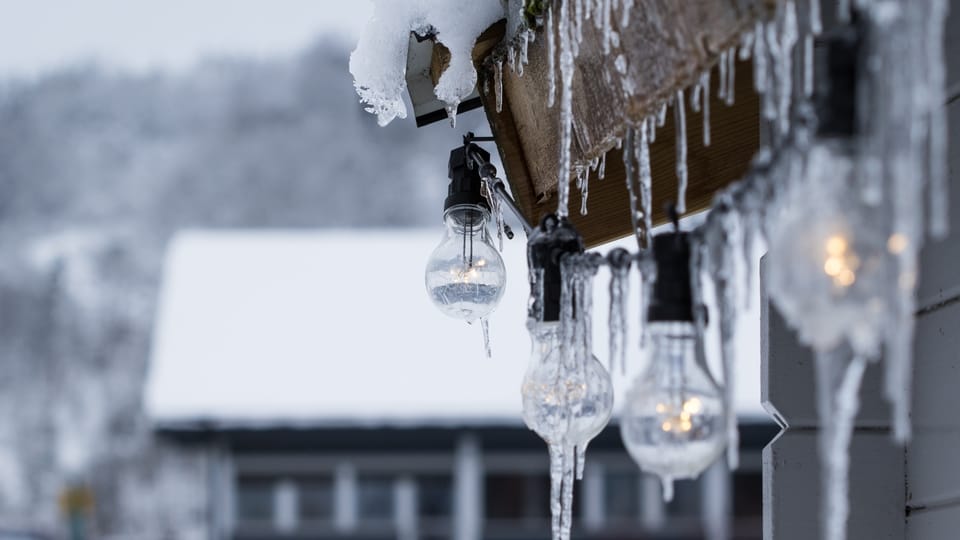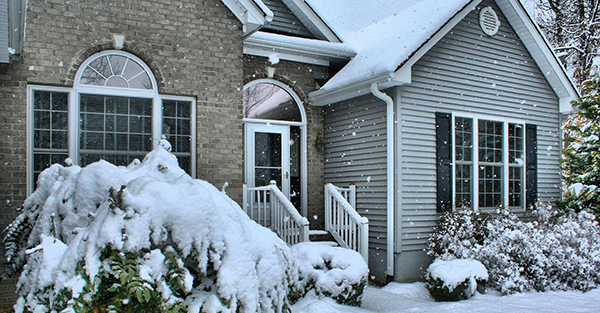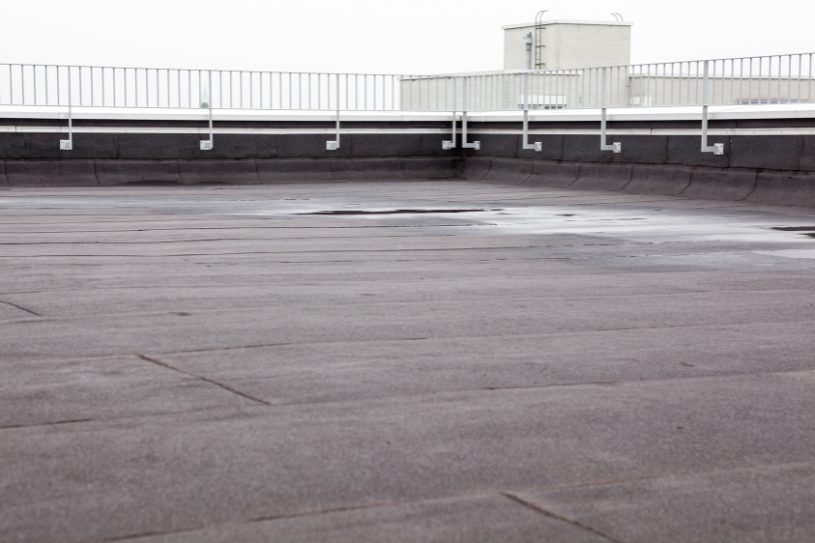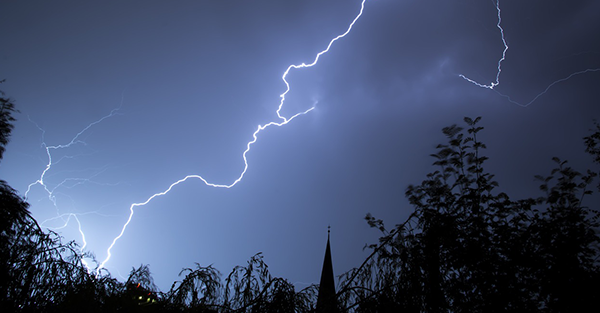
Hanging Christmas lights on your home may seem like a highlight of the season, but not if you inadvertently damage your home in the process. Damaging your roof or gutters when improperly installing lights can actually lead to voiding your warranties.
Why Have Warranties?
Warranties essentially ensure quality of work and materials. If your roof, gutters, or anything else under warranty does not function as expected or as long as expected, your warranty ensures that the issue will be corrected at little to no additional cost to you. Warranties protect your home and your wallet. When you void your warranty, you take on the full cost of repairs.
What Does Your Warranty Cover?
Warranties usually fall under two categories: manufacturer warranties and contractor warranties. Manufacturer warranties cover roofing materials, while contractor warranties cover workmanship. Warranties will have different terms, so it’s important to read your warranty documents closely to understand the specifics of what yours covers.
How Can You Void Your Warranty?
Creating perforations, especially on roofs and gutters, is a common way that homeowners may partially void their warranties. Anytime you punch holes in the exterior elements of your home, you are likely voiding your warranty for any resulting damage. These types of damage can occur from installing satellites, antennas, skylights, and even Christmas lights. This doesn’t mean that you should never install anything on your home, but rather that you should be aware of the terms of your warranties and how to protect your home from damage.
Protecting Your Warranties
There are many ways to be sure your warranties are protected. It’s important to always read the fine print of any warranty to ensure that you don’t accidentally do something that voids it. A few common ways that homeowners void roof warranties are improper pressure washing, poor ventilation, layering roofing materials, and, as mentioned, perforations. Simply being aware of common mistakes can save you from repeating them.
You can also take extra preventive measures to protect your warranties:
- Work with a contractor on big installations. If you have an installation that could potentially cause damage, contact a contractor who can complete the installation properly and without causing damage.
- Have your roof and other parts of your home that are under warranty inspected regularly. Regular inspections can stay ahead of repairs and maintain warranty coverage.
- Don’t change contractors. Your contractor will have a warranty specific to their business and work. When you change contractors, you run the risk of not being completely covered by your original warranty.
- Know your warranty. Understanding the details of your specific warranties can save you money.
Avoiding Damage This Holiday Season
Proper installation is important, but you must also to take care that the decorations themselves won’t cause damage. Your Christmas lights should be both beautiful and safe for you and your home.
To prevent damage, avoid using nails, staples, screws, or anything that will leave holes in your roof, gutter, or siding. The better alternatives for hanging light strands are plastic clips designed to attach to roofing materials, gutters, and siding without damage. Another alternative is to use magnetic lighting on your home. The magnetic lights will stick only to steel or iron, but you can attach a magnetic strip for them without damaging your home.
Most importantly, keep yourself safe while hanging your decorations. While you certainly want to protect your home from damage, your safety is even more important. Be aware of fire hazards, and take safety precautions when hanging lights by making sure your ladder is secure, inspecting lights before hanging, and being careful not to overload electrical sockets.
Subscribe to our blog to stay up to date on how you can prolong your home's health!








Comments